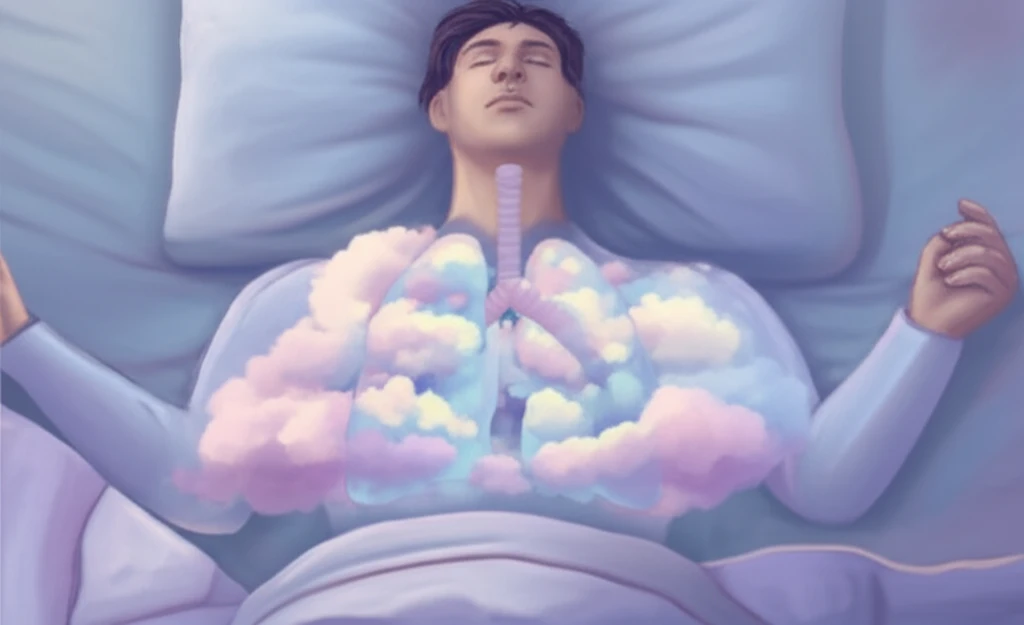
Sleep Disorders and Breathing: What's the Connection?
"Uncover the surprising link between chronic respiratory issues and sleep disturbances, and what you can do about it."
If you're living with a chronic respiratory disease like Chronic Obstructive Pulmonary Disease (COPD), you know how challenging it can be to manage your symptoms. But what you might not realize is that these conditions can also significantly impact your sleep. Sleep disorders are more common in people with chronic respiratory illnesses, creating a frustrating cycle where breathing problems disrupt sleep, and poor sleep worsens respiratory symptoms.
Research shows a strong connection between chronic respiratory diseases and sleep disorders such as insomnia, restless leg syndrome (RLS), and obstructive sleep apnea. These sleep disorders not only affect your quality of life but can also exacerbate respiratory issues, leading to more frequent flare-ups and a decline in overall health.
This article will explore the prevalence of sleep disorders in individuals with chronic respiratory diseases, examine the factors that contribute to this connection, and provide practical advice on how to improve both your sleep and respiratory health. Understanding this link is the first step towards a more restful and healthier life.
The Link Between Your Lungs and Your Sleep

A recent study investigated the prevalence of sleep disorders in patients with chronic respiratory diseases. The research involved analyzing data from veterans who underwent pulmonary function testing. Questionnaires were used to assess respiratory health, sleep quality, and overall quality of life.
- High Prevalence: Sleep disorders are highly prevalent in individuals with chronic respiratory conditions.
- Poor Sleep Quality: A large percentage of participants reported poor sleep quality.
- Impact on Quality of Life: Respiratory issues affected participants' daily lives, including functional limitations and overall quality of life.
- Correlation with Morbidity: The severity of respiratory disease correlated with the prevalence of sleep disorders.
Taking Control of Your Sleep and Breathing
If you have a chronic respiratory disease and are struggling with sleep, it's crucial to take proactive steps to improve your well-being. Here's what you can do:
<b>Talk to Your Doctor:</b> Discuss your sleep problems with your physician. They can assess your respiratory condition and recommend appropriate treatments for both your lungs and your sleep. This might include medications, breathing exercises, or referral to a sleep specialist.
<b>Improve Your Sleep Hygiene:</b> Create a relaxing bedtime routine, ensure your bedroom is dark, quiet, and cool, and avoid caffeine and alcohol before bed. Consider using a humidifier to ease breathing. Prioritizing these habits can make a significant difference in your sleep quality. By addressing both your respiratory health and sleep habits, you can break the cycle of poor sleep and improved overall quality of life. Don't underestimate the power of a good night's rest!
